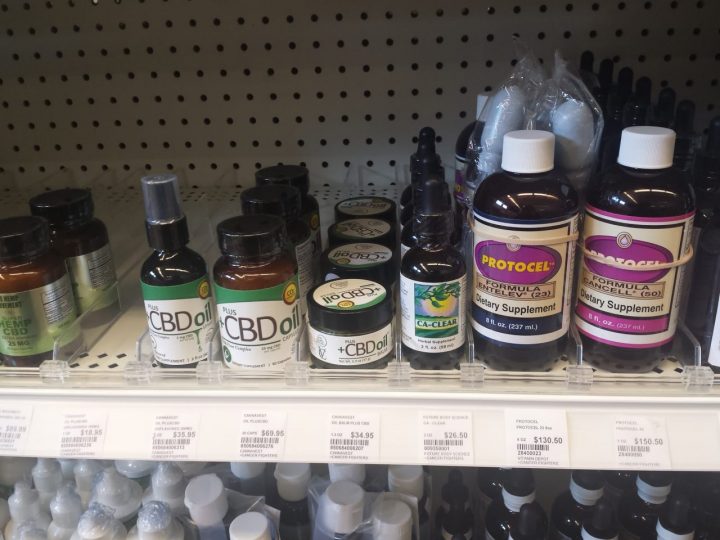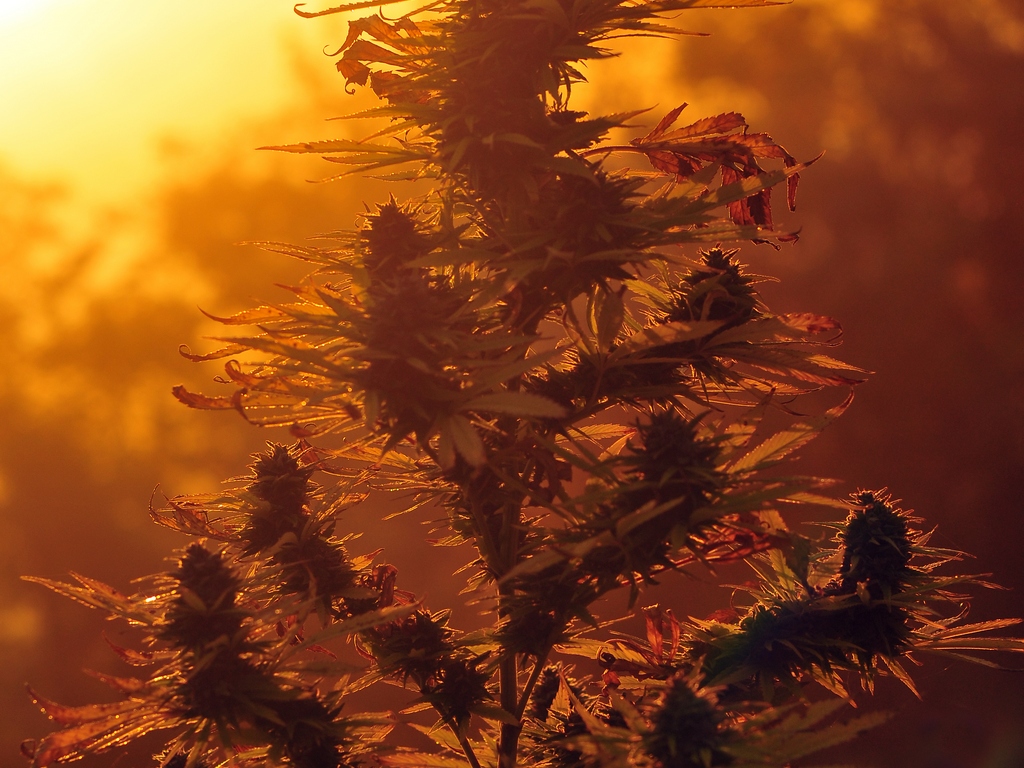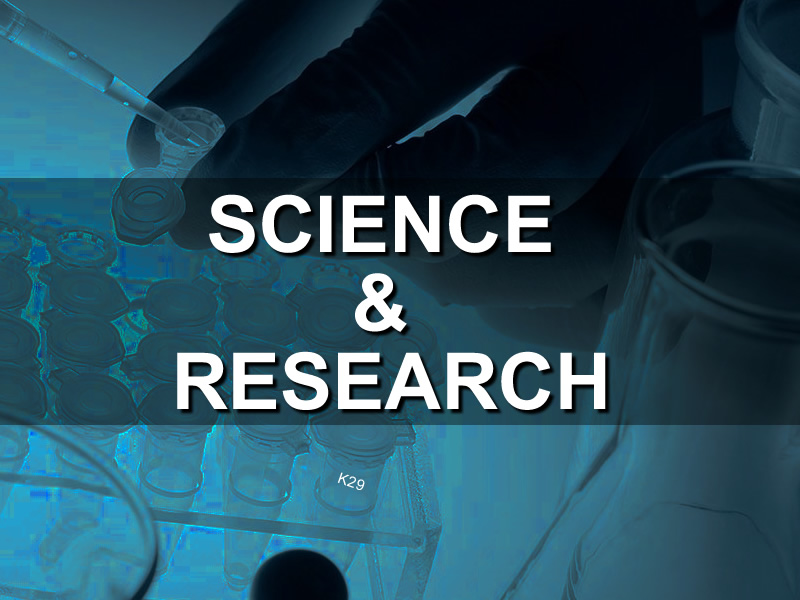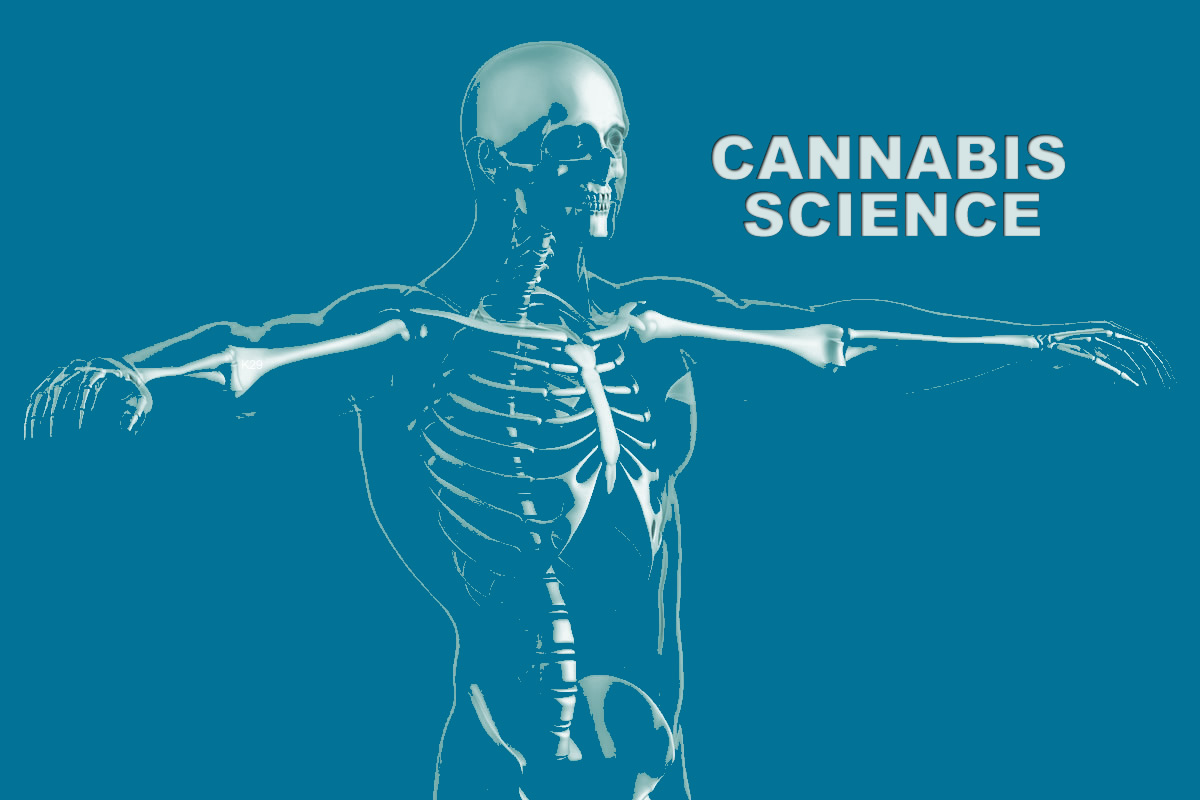
Jan 17, 2019 | Blog, News
Cannabidiol, or CBD oil, is no longer considered to be marijuana in Michigan under a new legal framework created by the 2018 U.S. Farm Bill and a state law that takes effect this March.
Instead of categorizing “all things green and smelly” by default as marijuana, the federal government has defined that the cannabis sativa L. plant that has less than 0.3 percent THC by dry weight as hemp, said Michael Komorn, a lawyer and president of the Michigan Medical Marijuana Association.
Yet state officials have not yet determined how it will be regulated.
CBD oil is typically derived from hemp — though it can be derived from marijuana — and contains less than 0.3 percent THC, the active component in cannabis that makes someone high. CBD oil is rising in popularity for treatment of pain, anxiety and depression.
“CBD and other cannabinoids extracted from the plant are not criminalized anymore but would be subject to FDA regulations,” Komorn said.
Have a Law Firm represent your interests to get your state license to operate your Cannabis Business.
Contact Komorn Law… 800-656-3557.
In May 2018 officials at the Department of Licensing and Regulatory Affairs announced that they regarded CBD oil as marijuana — which sparked backlash from users, who didn’t like the idea of getting a medical marijuana card just to buy a product that contained relatively no THC.
Read The Rest Of The Story Here
The sounds of flipping and flopping can be heard in the halls

Jul 4, 2018 | Blog, Cannabis Science, Hemp
A scientific article on analyticalcannabis.com points out the main differences between Cannabidiol (CBD) and tetrahydrocannabinol (THC).
It goes-
Of the at least 113 cannabinoids that have been isolated to date, these two are undoubtedly the most well-known and, the most well researched. Cannabidiol (CBD) and tetrahydrocannabinol (THC) are both naturally occurring compounds found in plants in the cannabis genus. Known as phytocannabinoids, these compounds interact with CB1 and CB2 receptors found in the endocannabinoid system present in all mammalian species.
CBD was first isolated in 1940 whilst THC was isolated in 1964 by the preeminent cannabis scientist Raphael Mechoulam. At the most fundamental level, THC and CBD are different because of their differing physiological effects. CBD is non-psychotropic and therefore does not illicit a “high” whereas THC is psychotropic and is the only known cannabis-derived compound to illicit a “high”. Here we look at some of the key differences, and similarities, between CBD and THC.
To read the rest of the article follow the link below
https://www.analyticalcannabis.com/articles/cbd-vs-thc-what-are-the-main-differences-297486
Here is the PDF if the link is broken

Jun 28, 2018 | Blog, Medical Marijuana
The scientific name for cannabinoid is known as phytocannabinoid.
The human endocannabinoid system is found throughout the body, dispersed within our connective tissue, glands, brain, immune cells and organs.
Research has shown that receptors within this system react positively to cannabinoid compounds, resulting in a myriad of therapeutic benefits on the body.
Some of the most effective cannabinoid compounds for the human body include:
Tetrahydrocannabinol (THC)
THC, also known as Delta(9)-tetrahydrocannabinol, is the primary psychoactive compound found within the cannabis plant.
In other words, THC is the component known to make you ”high.”
THC is a cannabinoid most commonly found in the female cannabis flower, but can also be found in the male plant.
THC is only an acid compound with the cannabis plant and must be synthesized to harness its medicinal benefits.
THC is not only effective as a psychoactive but is well-known for its benefits in managing chronic pain and other ailments.
This cannabinoid is also known to help with the management of diseases such as Alzheimer’s, multiple sclerosis, Parkinson’s, Epilepsy, Cancer, Crohn’s disease, cancer, and PTSD.
Tetrahydrocannabivarin (THCv)
A sibling of THC, this is a form of cannabinoid that actually works simultaneously with the THC compound.
THCv carries a far less potent psychoactive effect than THC however, with researchers claiming it yields about 20% of the same effect as THC.
This cannabinoid is actually known to reduce some of the negative psychoactive effects of THC.
Like many other cannabinoids, THCv works best in tandem with other cannabinoid components.
Just some of the medicinal benefits of THCv include anti-convulsant properties, it works as a neuroprotective and helps to promote weight loss.
Cannabidiol (CBD)
The most famous and highly popularized of them all, cannabidiol, carries with it a host of incredible benefits on the body.
This cannabinoid compound is not popular for no reason and is fast becoming a preferred form of treatment for many ailments, worldwide.
Unlike THC, CBD does not carry psychoactive properties, making it all the more popular is it carries little to no side-effects.
CBD has become incredibly popular because it allows its consumers to carry-out their everyday lives, while reaping the benefits of its healing properties.
For many decades, medical cannabis has been overlooked as a form of treatment because of the negative stigma of its psychoactive properties.
However, research has shown that its medicinal value is second-to-none, without experiencing any psychoactive side-effects.
Currently, CBD can be consumed any many different forms including CBD oil, through vaping, CBD tablets or CBD ointment.
This cannabinoid compound is being used to treat a plethora of illnesses, with great success.
Some of these include epilepsy, cancer, chronic pain, migraine management, diabetes, cardiovascular disease, depression, anxiety and more.
Cannabinol (CBN)
Cannabinol may not be as well-known as both THC and CBD, but this cannabinoid also offers numerous health benefits.
Cannabinol is not found in fresh cannabis flowers, but is actually derived from stale cannabis plant buds.
This may sound bizarre, but as a cannabis plant ages, cannabinol develops and becomes all the more potent.
Cannabinol is actually a broken down compound of THC, therefore it also offers psychoactive effects. Essentially, as THC ages, so cannabinol develops.
If you leave cannabis plant buds to dry and age, the THC properties develop into what is known as CBN.
While this cannabinoid is not necessarily ideal for everyday alertness and function, it has several health benefits:
- Stimulates the appetite – ideal for those undergoing chemotherapy or radiation treatment
- Works as an antibiotic
- Delays and eases symptoms of neural diseases such as ALS
- Chronic pain relief
- Potent anti-inflammatory properties
- Works as a natural sedative
- Lowers ocular pressure and helps with effects of glaucoma
Despite its psychoactive properties which tend to carry a negative stigma, research has shown that CBN is an incredible natural alternative to a number of ailments.
Cannabichromene (CBC)
CBC is actually the third-most commonly used cannabinoid in the cannabis plant, rolling in after THC and CBD.
In fact, CBC may have a higher prevalence in some cannabis strains over CBD. Just like its cousin, CBC does not carry any psychoactive properties.
Despite this, CBC is known to be more effective as a medical treatment when combined with traces of THC. This suggests that cannabinoids prefer to work synergistically together.
CBC has been found to offer a host of medicinal properties, including:
- Used as an effective anti-inflammatory.
- Helps to fight cancer-related tumors when combined other cannabinoids.
- Works as an anti-depressant.
- Carries anti-fungal properties.
- Help to encourage brain cell growth, which could help in the management of Alzheimer’s and dementia.
While CBC itself carries these medicinal benefits, it is at its most powerful when combined with other cannabinoids, such as THC and CBD.
Cannabigerol (CBG)
CBD is also a distant cousin of CBD and carries no psychoactive effects, but a host of health benefits instead.
CBG is a cannabinoid which is typically sourced in the early stages of growth in the cannabis plant.
Just some of CBG’s health benefits include:
- An effective antimicrobial antibiotic, killing off various bacteria and fungi.
- Skin treatment – helping to reduce redness and sooth Psoriasis.
- CBG is a potent chronic pain reliever, said to be even stronger than THC.
- Helps to slow cancerous tumor growth – most specifically within the field of prostate cancer.
- Help to regular mood and acts as an anti-depressant.
Due to its incredible medicinal properties, CBG is a hot topic among researchers and scientists today.
If you currently suffer from any one of these common diseases or ailments, medical cannabis may just be the natural alternative you’re looking for:
- Heart disease
- Hypertension
- Diabetes
- Cancer – specifically breast or prostate cancer
- Parkinson’s
- Alzheimer’s
- Epilepsy
- Neuralgia
- Migraines or cluster headaches
- Skin disorders such as eczema or Psoriasis





